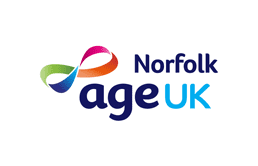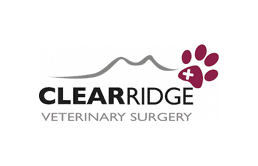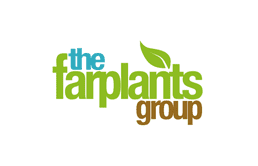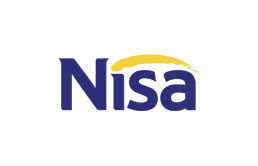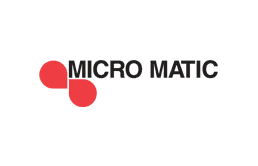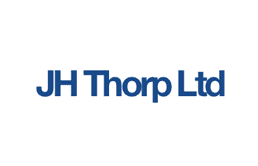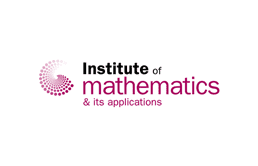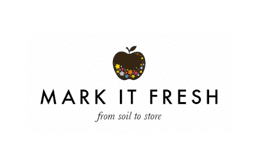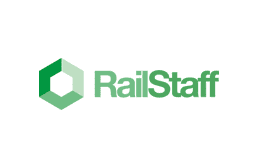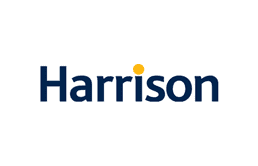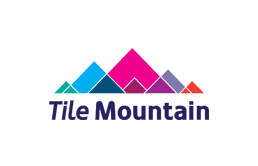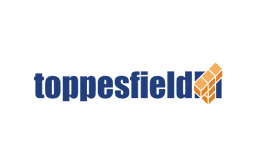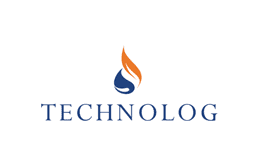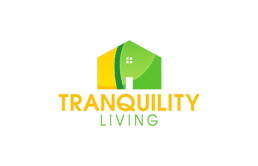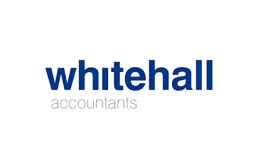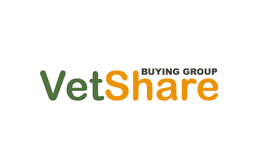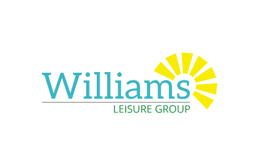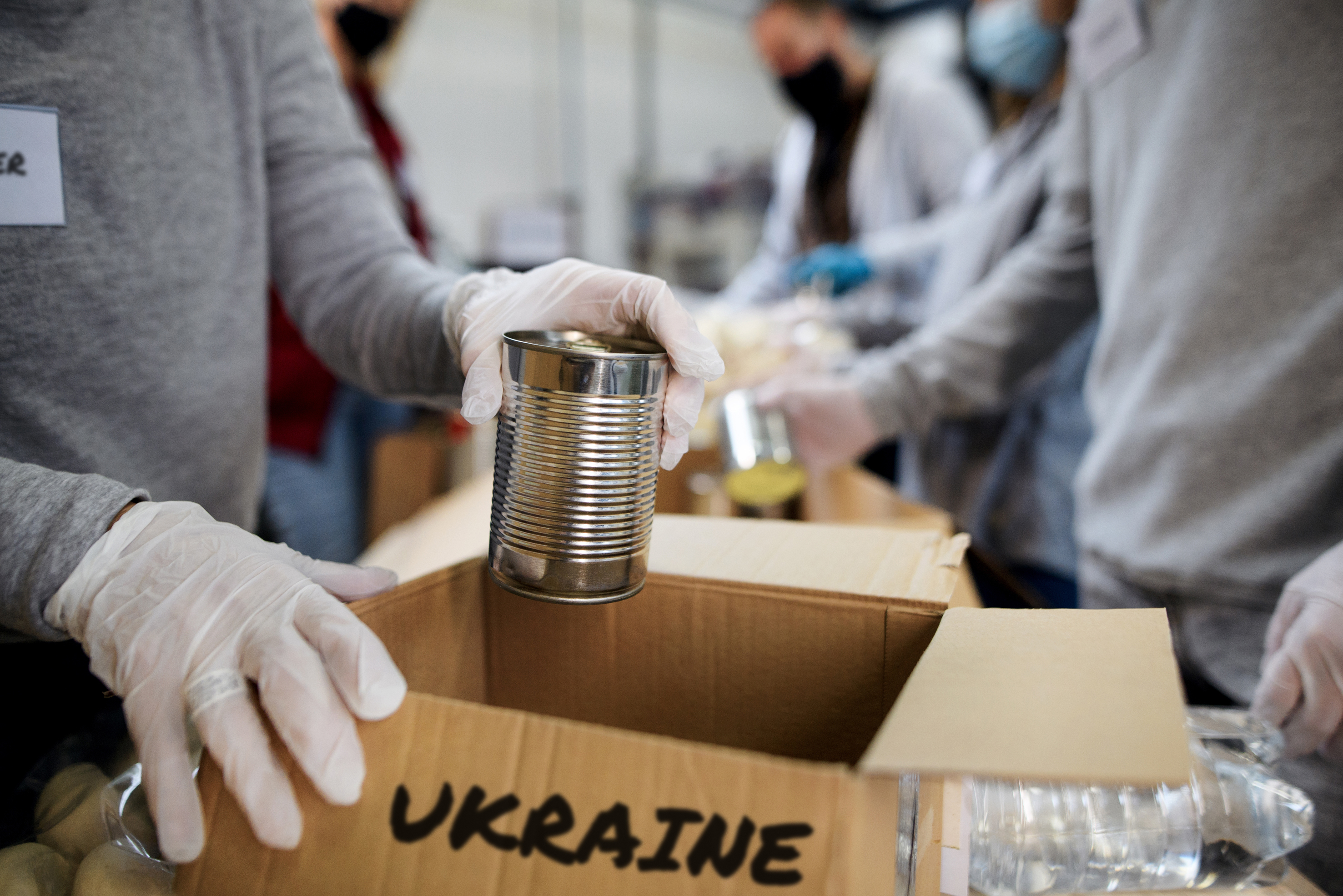
A member of the Assured Energy team has made a recent journey to Ukraine with his partner to deliver £2,500 worth of much needed aid, spurred on by messages and images received from a Ukraine-based friend he had made during a 2019 holiday to the region.
“We were motivated to deliver supplies because of what we were told about the black market in Ukraine. Toothbrushes and tampons are being sold for $50 a time. It is horrifying, but no more so than was the British black market during WW2,” Matthew Boyden explains.
Having set out from their home in Italy, the couple travelled via Slovenia, Serbia, Bulgaria, and finally Romania, having been advised that it was safest to cross into the south of Ukraine from there (with Romania providing the most challenging of driving conditions!).
They purchased £2,500 worth of much needed sanitary products and some soft toys and crossed the border at Serit, Romania, where there was a large refugee camp of around 65,000 women, children, and elderly. Rows of tents had been assembled, by many different countries and agencies, with the majority providing just food and drink.
Matthew continues, “We were advised that the best place to head for In Ukraine was the country’s primary refugee centre for the south of Ukraine, Chernivtsi – a large city, 50km north of the border, with a population of around 250,000. After having been cleared and with our 4x4 and its contents searched at length by border guards, we entered Ukraine at around 1pm. The journey was striking for several reasons.
“The road in was predictably empty – for around 45 minutes we did not see another car headed in our direction; the road towards Romania was lined for six miles with lorries, all of them stationary. Ukraine is extremely beautiful, and Chernivtsi is an 18th and 19th century ‘middle’ European city, untouched by the Soviets or modernity. Passage through the city has been made agonisingly deliberate by the large number of armed soldiers, and the creation of sand-bag defence structures on either side of the main roads; these have been installed to allow for shooting at street-level – by civilians as well as soldiers.”
On arrival in Chernivtsi, the couple were directed to the Olympic stadium, where the entire site had been given over to collecting, managing, and sending out supplies and rations to the hundreds of thousands who needed it. The stadium was stocked mostly with food and water, but the most prized items are (as they were advised) sanitary products. There they were preparing white bags with ‘day’ rations for soldiers and drivers. Each bag lasts for 24 hours; when they are finished new supplies are sent out. The 600-mile journey to Kiev takes a day, and the drivers are seen as heroic.
Each driver takes a different route to the driver ahead and they spend all week on the road, sleeping only when in Kiev or Chernivtsi.
“We spent around four hours in the stadium, being shown around and treated with humbling grandeur. Even if we were able to provide only what we could cram into the car, we were made to understand that the act of driving 4,000km for our European ‘brothers and sisters’ was what mattered most. We were told we were only the second English people to make the trip to the stadium."
“What struck me most is that the Ukrainians are just like us. They read books, and watch movies, and moan about Netflix changing its fees policy. They celebrate diversity, complain about their government, and bemoan the state of their roads; they embrace their status as a modern people carving out a modern life in modern times. They are not asking for anything more than assistance – and certainly not anything more than unity. Just like the UK in 1940."
“I was informed by a ranking officer that the current estimate of civilian deaths is 17,000. I asked how many soldiers had died, and he responded without smiling ‘it doesn’t matter. Better that none survive than that we do not fight for those who live’.”
Assured Energy made a £500 contribution towards the cost of products purchased. Total donations were £2,500 although Matthew spent £5,000 overall. Matthew still continues to fundraise for Ukraine relief.
Recent News
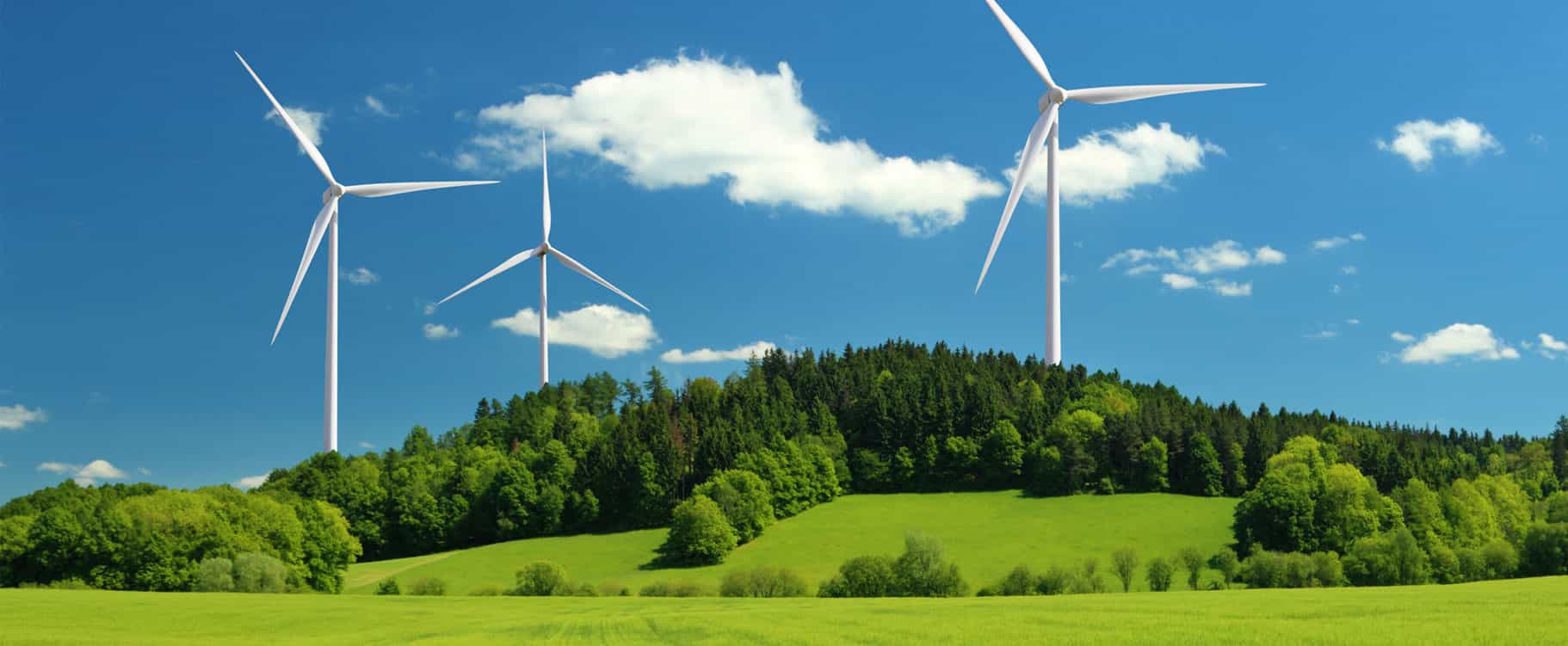
Assured Energy Outlo...
13 Nov 2018
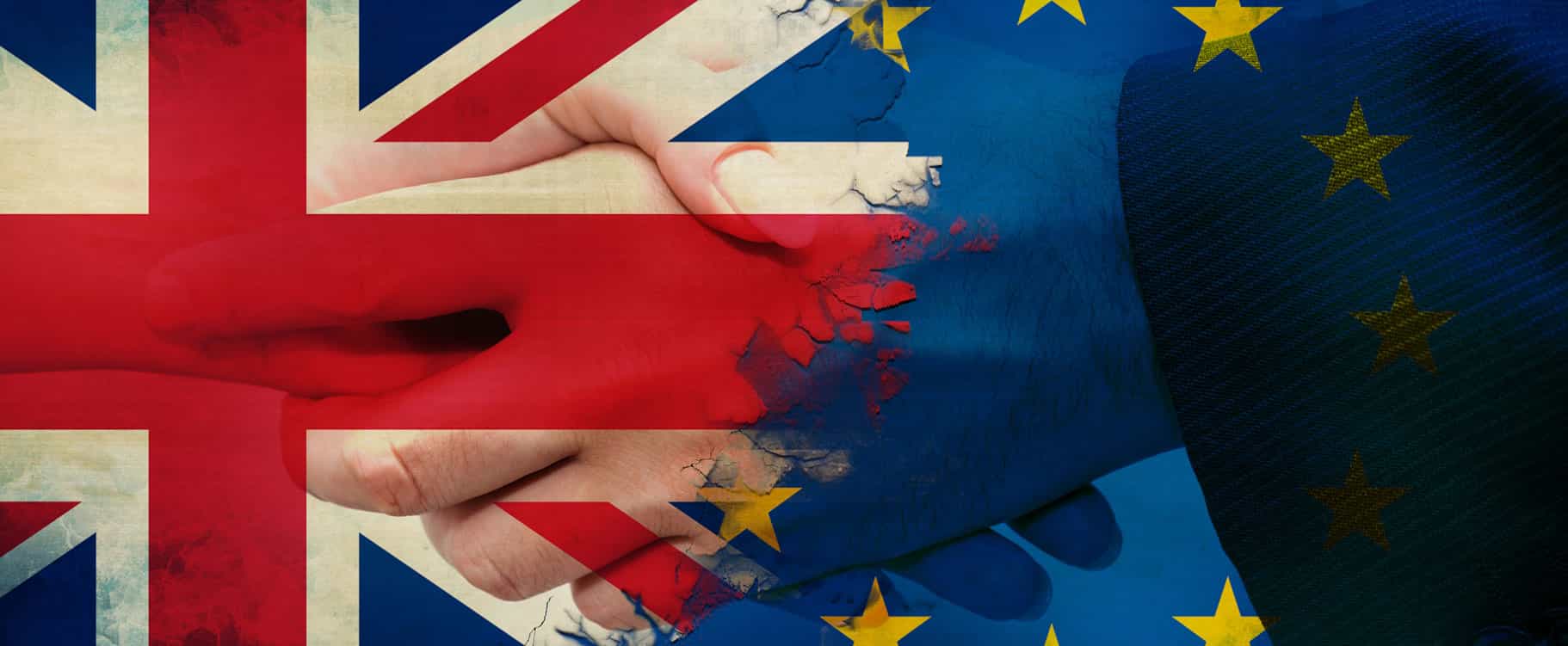
Assured Energy Outlo...
13 Nov 2018
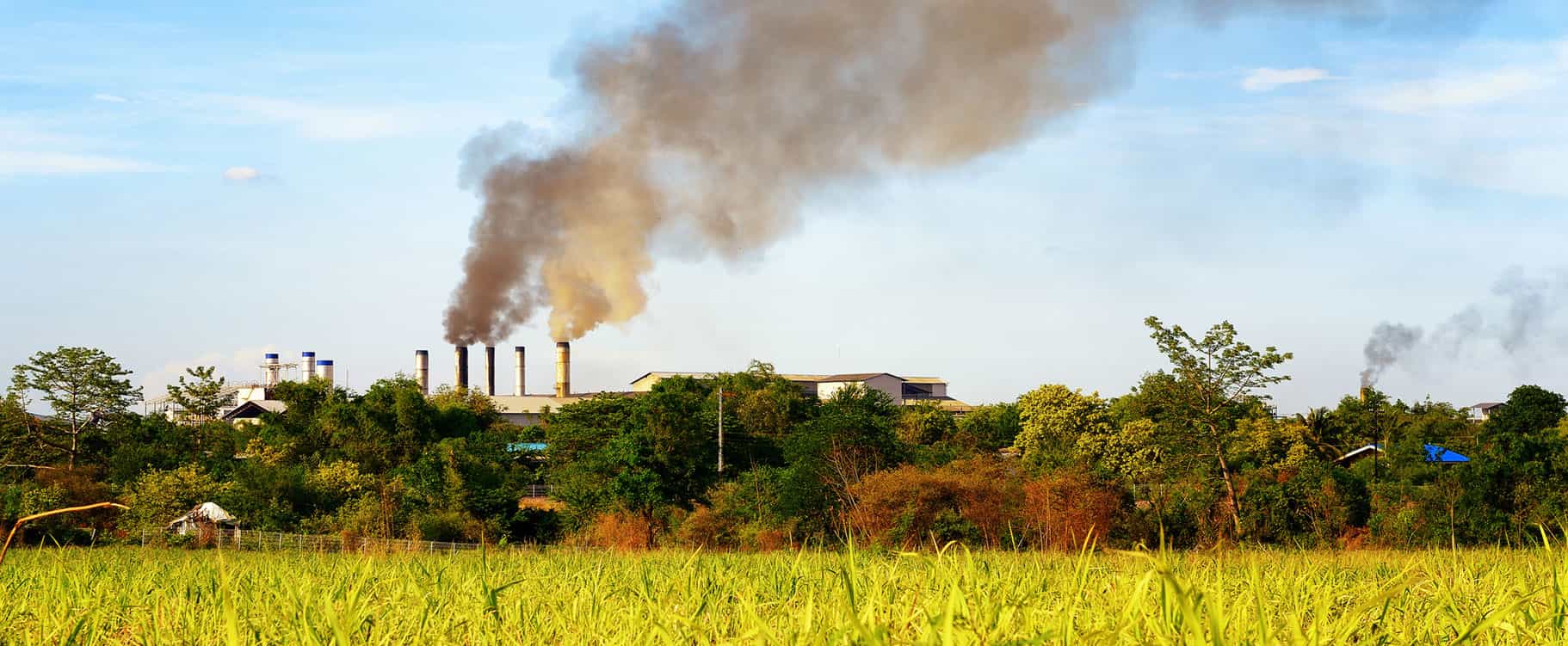
Assured Energy Outlo...
04 Dec 2018
Categories
Archives


